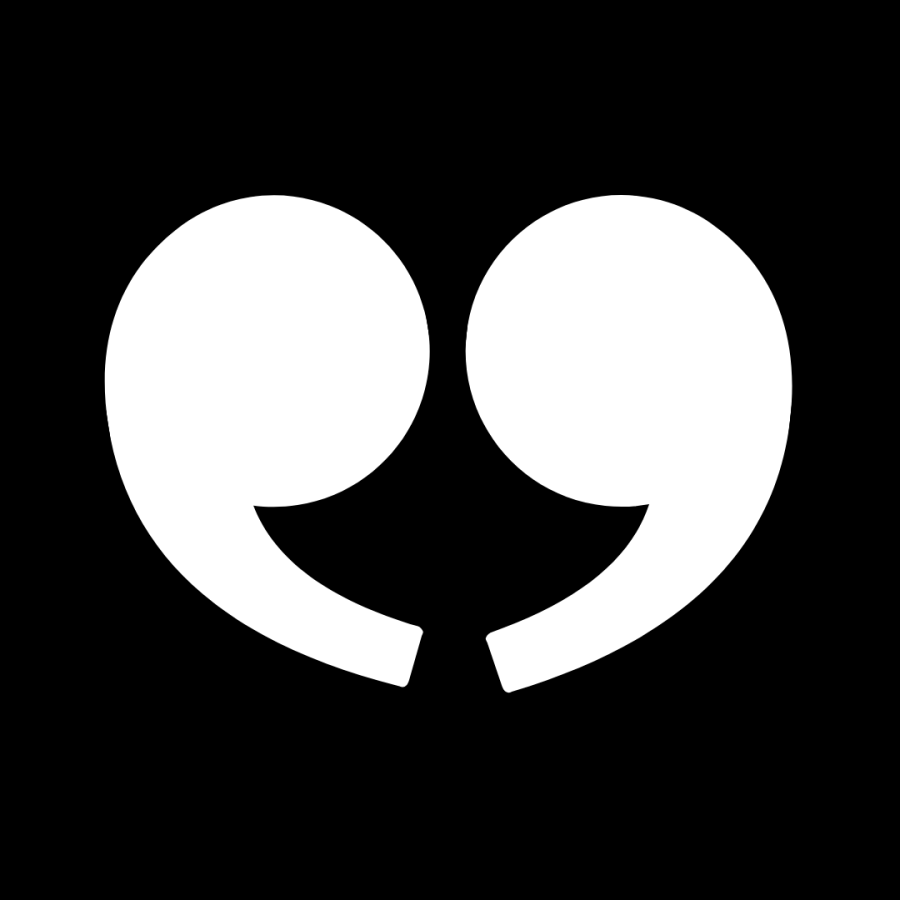Justice for the Oxford Comma
Infographic by Agnes Kurtzhals
The beginnings of the Oxford comma date back to 1905, however, the precise origins remain unknown.
February 9, 2022
It seems like the whole world has forgotten you. However, my dear, I have not forgotten; I long for you. You are perfect, beautiful and just a little curly. You are like a pause of fresh air. You can clear any ambiguity and yet our society has decided to shun you. It is despicable that you receive such horrible treatment. My love, you hold such a special place in my heart, and you deserve justice. You may be wondering “Who is this amazing specimen that we ignore?” She is the wise and stunning, Oxford comma<3
The Oxford Comma is applied in a series of three or more items and comes before the “and” or “or.” There has been an ongoing and vicious debate over whether a comma being there is even necessary. I argue that the Oxford comma should be applied in these circumstances. There is a big difference between saying “I need to get a knife, bleach and glue” and “I need to get a knife, bleach, and glue.” (I have no idea what the person saying this sentence is about to do, but if it has to do with getting justice for the Oxford comma, I fully support.)
The beginnings of the Oxford comma date back to 1905, however, the precise origins remain unknown. Oh, Oxford comma not only are you such a scandalous punctuation, but you are also so mysterious (I’m blushing). There is no other punctuation with an origin story as enigmatic as yours.
The Oxford comma can be attributed to F. Howard Collins. Collins; he revealed the comma in his 1912 book, Author & Printer: A Guide for Authors, Editors, Printers, Correctors of the Press, Compositors, and Typists.
Many people, especially in academia, refuse to use the Oxford comma. How could professors, scholars and students underestimate its value? It indicates the end of a list, offers closure and provides clarity when a list begins to get confusing. If I were to say, “I found creativity in cooking, my family and my cat,” everyone now believes my family and cat are being sautéed.
Without the Oxford comma, you may not realize that your sentence can be easily misinterpreted. The ambiguity created by the lack of the Oxford comma can cost you. This is demonstrated in the $10 million class-action lawsuit against a Maine dairy company.
The state laws proclaims that overtime rules do not apply to the following: “The canning, processing, preserving, freezing, drying, marketing, storing, packing for shipment or distribution of: (1) Agricultural produce; (2) Meat and fish products; and (3) Perishable foods.” Without the precious Oxford comma, the law could be read to exclude only packing, regardless of whether it was packing for shipment or packing for distribution. This law is clear as milk because of the absence of the Oxford comma.
Vampire Weekend once sang, “Who gave a f*** about an Oxford comma?” However, I and several others at the Wayne Stater give a f*** about an Oxford comma. I miss you Oxford comma, you are taken from me every Tuesday when the editor plucks you from my writing (I know it is painful for you too). You are a mighty squiggle and a cherished asset in the endless pursuit to ensure that writing is always interpreted clearly.









